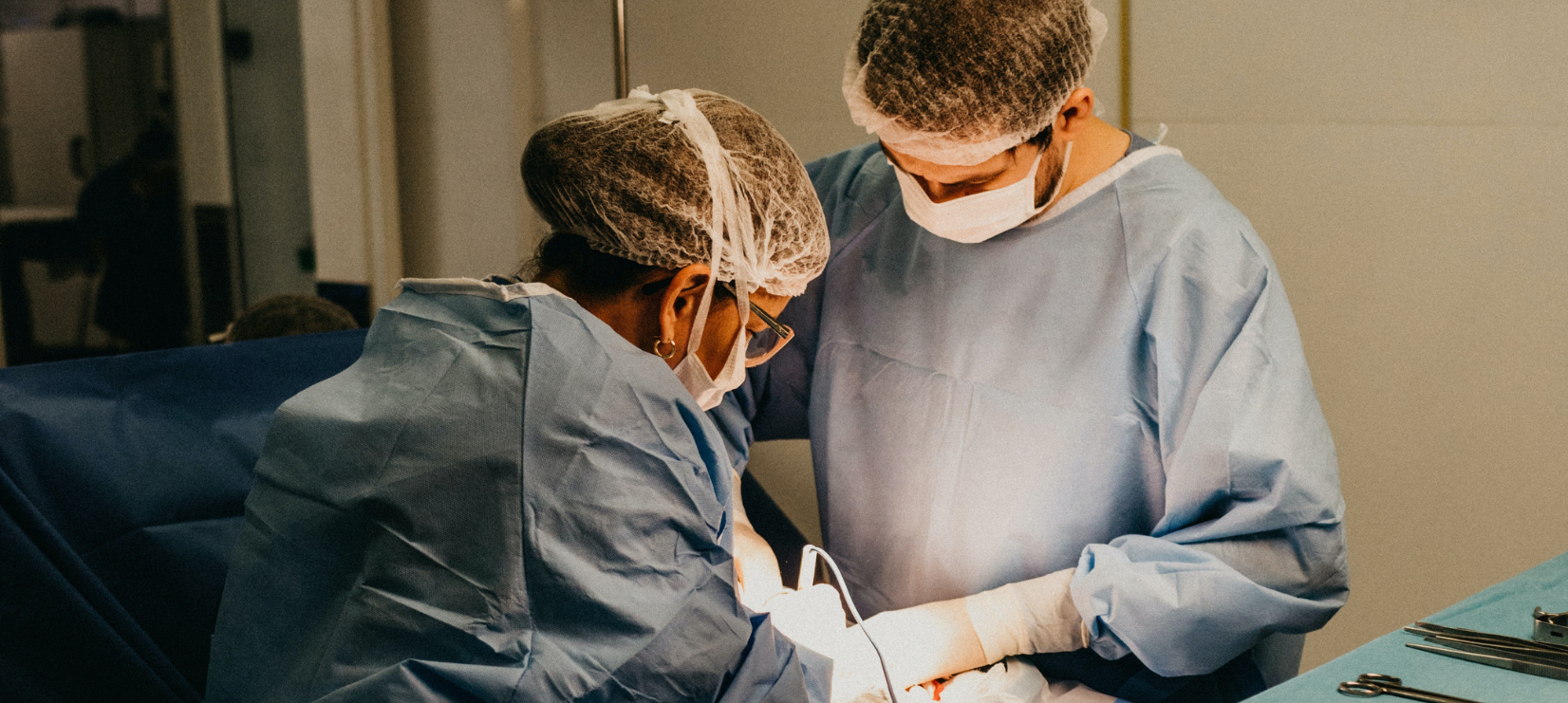Brain injuries impact thousands of families and communities each year, claim thousands of lives, and leave thousands permanently disabled.
Brain injuries can be complex and scary, but everyone is better off knowing a thing or two about them and ways to keep ourselves and loved ones safe.
Definitions and Terminology
The brain coordinates all activity in the body. Mild injuries can cause temporary symptoms, while serious brain injuries can lead to a number of physical or cognitive problems—even death.
Before digging into the numbers, it’s important to understand the difference between certain types of brain injuries and how to discuss them with doctors, coaches, teachers, children, and teens.
According to the University of Pennsylvania, only one in three Americans are familiar with the term “brain injury.” Even fewer associate the term “traumatic brain injury” with its most common symptom: concussion.
By familiarizing yourself with the medical terms used in clinical discussions, you’ll have the tools to talk about a possible injury should an accident occur.
Brain injuries are in one of two categories: traumatic brain injuries or acquired brain injuries.
Traumatic Brain Injuries (TBI)
Traumatic brain injuries, often referred to as TBIs, are caused by an outside force. TBIs are often caused by car accidents or a severe sports injury.
There are several types of TBIs:
- Concussion—concussions range from mild to severe and may or may not result in loss of consciousness. This injury is caused by a sudden jolt, jerk or momentum change. Car accidents and impact sports are known to cause concussions.
- Contusion—this injury to the head results in bleeding of the brain, which may require surgery. Any direct impact to the head can result in a contusion.
- Diffuse Axonal—this injury is caused by shaking or a strong rotation of the head. The unmoving brain sloshes around inside the skull damaging blood vessels, cranial nerves, and brain tissue. Shaken Baby Syndrome is a common example of diffuse axonal.
- Penetration—brain penetration is most often caused by a bullet, knife, or other sharp objects during a violent crime.
Acquired Brain Injuries
Whereas traumatic brain injuries are the result of an accident—that’s not usually the case with acquired brain injuries.
Acquired brain injuries are caused by strokes, tumors, toxins, degenerative brain diseases, or external events that limit oxygen to the brain (e.g., strangulation, drowning, etc.)
- Anoxia—there are different types of anoxic brain injuries that result when the brain is cut off from oxygen (anoxic anoxia) or when the brain is cut off from blood (anemic anoxia).
- Hypoxia—hypoxia is similar to anoxia; some oxygen may be present, but not enough reaches the brain to deter an injury.
Brain Injury Facts: The Bad and Ugly
All brain injuries are different, depending on the amount of force and where the impact occurs on the head.
Because brain injuries are inherently unique, the effects can disrupt a single functioning area, several areas or the entire brain.
We’ve gathered some facts and figures that will shine a light on brain injury awareness and encourage people to see a certified physician should even a minor brain injury occur.
- Every year, approximately two million Americans suffer a brain injury.
- Traumatic Brain Injuries (TBIs) contribute to approximately 30 percent of all injury deaths, according to the Centers for Disease Control and Prevention (CDC).
- Sports and recreational activities contribute to about 21 percent of all TBIs among children and adolescents.
- Helmets and other safety gear reduce the risk of severe brain injury by 88 percent.
- TBIs resulting from car crashes are the leading cause of hospitalizations for children and people aged 15 to 44.
Brain Injury Safety Tips & Prevention
Many who suffer a mild brain injury or TBI recover without significant medical intervention. However, several factors can affect recovery time.
To ensure a quick recovery without complications, all brain injury patients should adhere to a few basic rules:
- Consult a physician after an accident, even if you don’t feel like anything is wrong. A professional should clear you before returning to work or intense activities.
- Get plenty of sleep and rest during recovery.
- Limit time with computers, television, video games, smartphones or tablets.
- Avoid strenuous exercise or any activity the demands excessive concentration.
- Do not drink alcohol or consume drugs.
- Don’t neglect basic needs (e.g., regular hygiene, healthy eating, regular sleep, etc.).
- Talk with a friend or family member if you’re required to make important decisions.
- Do not return to regular activities until a healthcare professional has cleared you to do so.
The more you know about brain injuries the easier it is to avoid serious complications following an accident or injury.
For safety tips and more information that could keep you and your loved ones safe, follow Hagelgans & Veronis on Twitter or ‘like’ us on Facebook.








